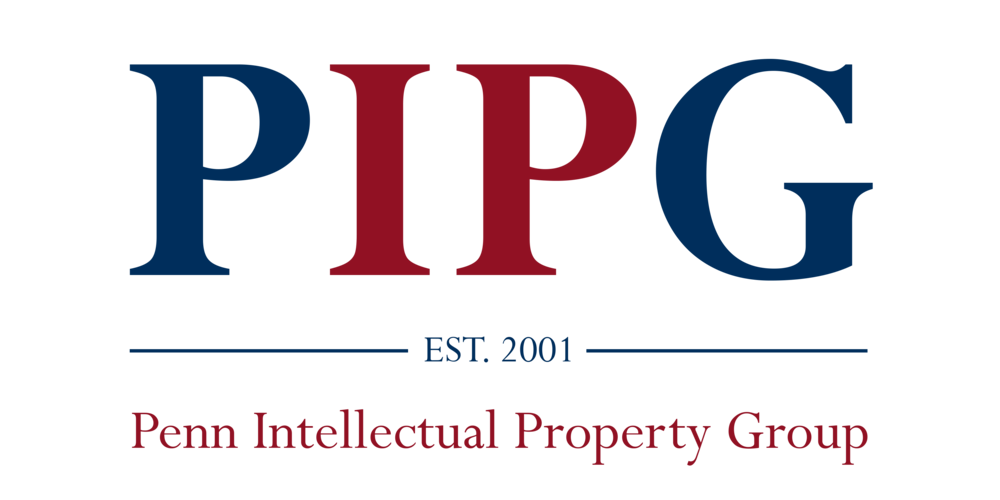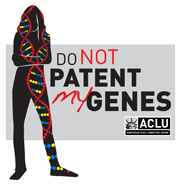In May 2009 the American Civil Liberties Union (ACLU) and the Public Patent Foundation of Cardozo Law School (PUBPAT) filed suit against the U.S. Patent and Trademark Office, Myriad Genetics and the University of Utah Research Foundation, who hold patents for the BRCA1 and BRCA2 human genes. These genes are associated with breast and ovarian cancer, and, according to research, women with mutations of such genes have a higher risk of developing these cancers. Although screening for these genes can allow women to catch such cancers early and thus advance their treatment more quickly, the ACLU and PUBPAT believe that patents on the BRCA1 and BRCA2 genes can prevent such screening. The ACLU and the Public Patent Foundation argue that these patents thus are unconstitutional and invalid. The first hearing on this case was held on October 1, 2009, based on the defendant’s motion to dismiss. Due to the wide-reaching effect of these patents on women’s health and cancer research, it seems this debate will not quiet down in the near future. With organizations, such as the American Medical Association and the March of Dimes, supporting the ACLU in this suit and the amount of awareness the ACLU has raised regarding this topic, even if this suit is dismissed, the fight against such genetic patents will continue.
For more on this topic and events held by the ACLU and PUBPAT please go to http://www.aclu.org/freespeech/gen/brca.html.




